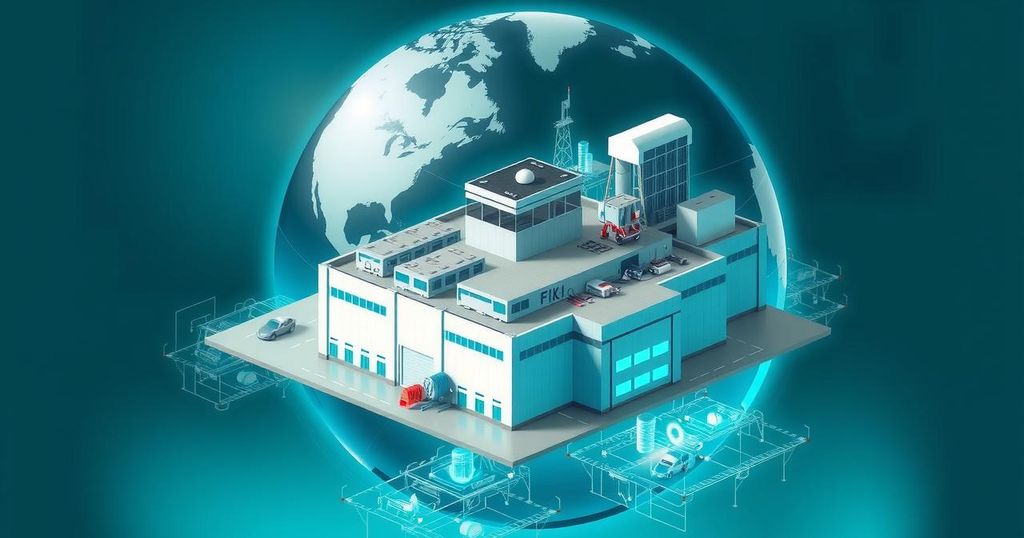BYD Cancels Plans for Mexico Factory Citing Geopolitical Issues

- BYD cancels plans for a Mexico factory due to geopolitical tensions.
- Uncertainty about U.S. tariffs influenced BYD’s investment strategy.
- The planned Mexico plant would have produced 150,000 vehicles annually.
- BYD’s expansion continues in Brazil despite regional challenges.
- Company commitment to Mexico was affected by regulatory hurdles.
BYD Cancels Mexico Factory Plans Amid Uncertainty
Chinese electric vehicle (EV) manufacturer Build Your Dreams, commonly known as BYD, has officially scrapped its plans to construct a manufacturing plant in Mexico. This startling announcement came on Tuesday, marking the culmination of months filled with uncertainty surrounding geopolitical and market conditions. The company’s decision was primarily influenced by the ambiguity surrounding U.S. President Donald Trump’s proposed tariffs on the automotive sector, compounded by rising geopolitical tensions in various regions of the world.
Geopolitical Tensions Influence Investment Decisions
Originally, the ambitious plan for the Mexico factory included the production of approximately 150,000 vehicles annually and the creation of roughly 10,000 new jobs. The plant was intended to not only cater to the domestic Mexican market but also to extend its reach into Latin America and the U.S. However, BYD’s Executive Vice President Stella Li confirmed in an interview with Bloomberg that the company remains keen on potential expansion within the Americas, although there is no concrete timeline for future investments. During this interview, held in Bahia, Brazil, where BYD is inaugurating its first factory outside Asia, Li remarked on the substantial impact that geopolitical issues are imparting on the automotive industry, prompting companies to re-evaluate their global strategies.
Regulatory Hurdles and Strategic Priorities
In March, there were indications that BYD might face challenges in pushing forward its plans when President Claudia Sheinbaum disclosed that the company hadn’t made a formal investment offer for the new factory. Further complicating matters, the Financial Times reported that China’s Ministry of Commerce withheld approval for the investment due to concerns regarding the potential accessibility of BYD’s smart car technology by the U.S. This obstacle also reflected broader geopolitical dynamics, as China appeared to prioritize projects aligned with its Belt and Road initiative, which aims at enhancing global infrastructure. Thus, while BYD’s leadership previously signaled a commitment to establish a plant in Mexico regardless of the U.S. elections, the prevailing uncertainties ultimately led to the cancellation of these plans.
In summary, BYD’s cancellation of its Mexico factory highlights the growing influence of geopolitical factors on global investment strategies in the automotive sector. The uncertainty stemming from U.S. tariffs and Chinese regulatory concerns have significantly impacted the company’s decision-making process. As BYD continues its expansion in other regions like Brazil, the hope remains that clarity will eventually return to facilitate their future ventures in the Americas.




